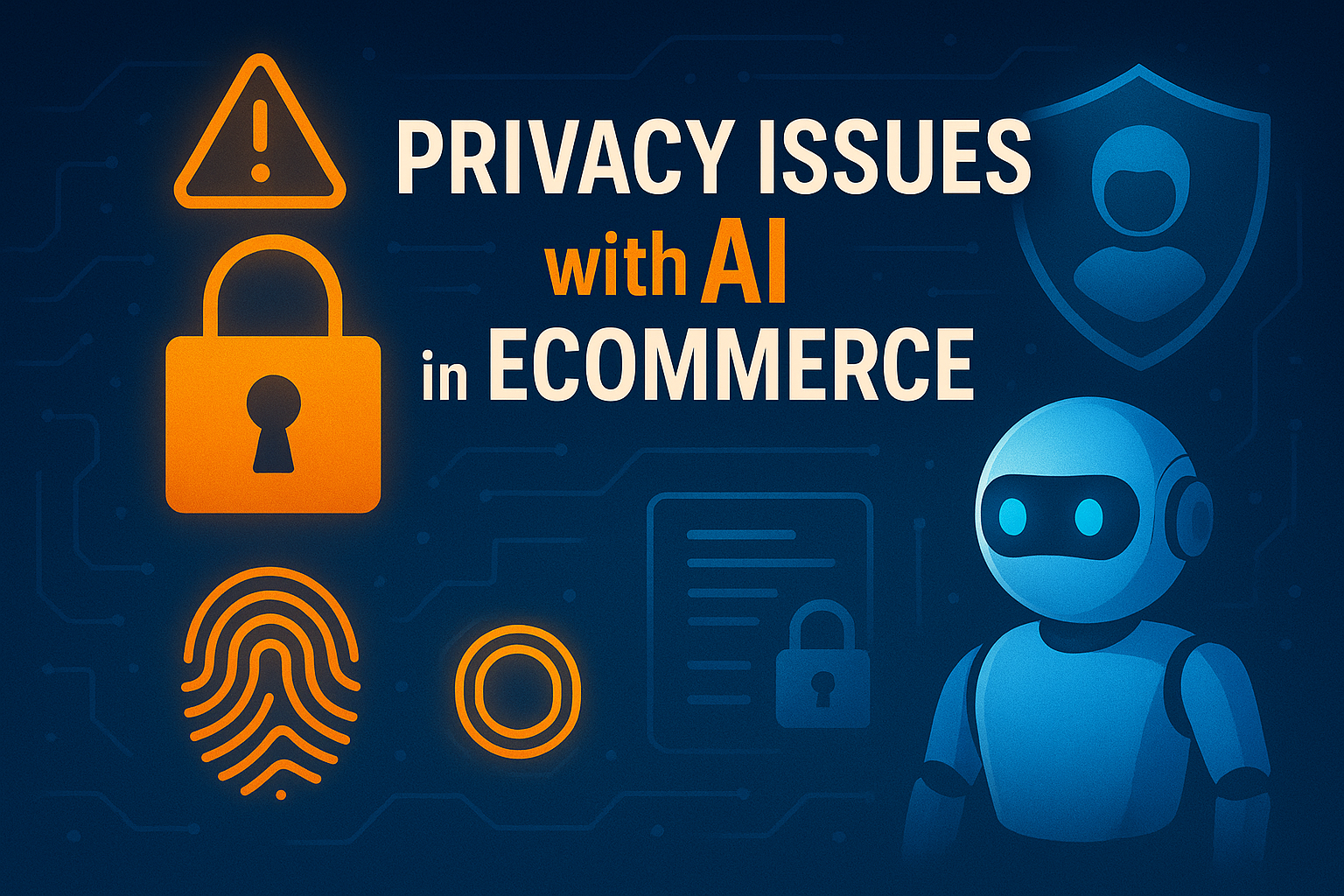Introduction
In the rapidly evolving digital marketplace, Smart Commerce has emerged as a transformative approach, integrating advanced technologies like AI, machine learning, and big data analytics to enhance the eCommerce experience. By leveraging these tools, businesses can offer personalized shopping experiences, optimize operations, and drive growth.
Key Components of Smart Commerce
- Artificial Intelligence (AI): Enables personalized product recommendations and dynamic pricing strategies.
- Machine Learning: Facilitates predictive analytics for inventory management and customer behavior forecasting.
- Big Data Analytics: Provides insights into customer preferences and market trends.
- Automation: Streamlines operations such as order processing and customer service through chatbots.
Real-World Applications
- Amazon: Utilizes AI for personalized recommendations and efficient logistics.
- Alibaba's Freshippo: Combines online and offline shopping experiences using advanced technologies like facial recognition and robotic services. Read more.
- SmartCommerce: Offers Click2Cart® technology, enabling seamless shopping experiences across various platforms. Learn more.
Mathematical Insight: Predictive Analytics in Smart Commerce
Predictive analytics in Smart Commerce often employs regression models to forecast customer behavior. For instance, a simple linear regression model can be represented as:
\\[ y = \beta_0 + \beta_1x + \epsilon \\]
Where:
- \\( y \\): Dependent variable (e.g., future sales)
- \\( x \\): Independent variable (e.g., marketing spend)
- \\( \beta_0 \\): Intercept
- \\( \beta_1 \\): Slope coefficient
- \\( \epsilon \\): Error term
Understanding these models helps businesses make data-driven decisions to enhance performance.
Benefits of Implementing Smart Commerce
- Enhanced Customer Experience: Personalized interactions increase customer satisfaction and loyalty.
- Operational Efficiency: Automation reduces manual tasks, allowing for faster and more accurate processes.
- Data-Driven Decisions: Analytics provide actionable insights for strategic planning.
- Competitive Advantage: Staying ahead with technology adoption positions businesses as industry leaders.
Future Trends in Smart Commerce
- Voice Commerce: Integration of voice assistants for hands-free shopping experiences.
- Augmented Reality (AR): Allows customers to visualize products in their environment before purchasing.
- Blockchain Technology: Enhances transparency and security in transactions.
For insights into emerging technologies in eCommerce, consider reading this Forbes article.
Conclusion
Adopting Smart Commerce strategies is essential for eCommerce businesses aiming to thrive in a competitive landscape. By embracing AI, automation, and data analytics, companies can deliver exceptional customer experiences, streamline operations, and achieve sustainable growth.
Explore our comprehensive guide on AI Certification for Marketing Experts to further enhance your understanding and skills in this domain.








